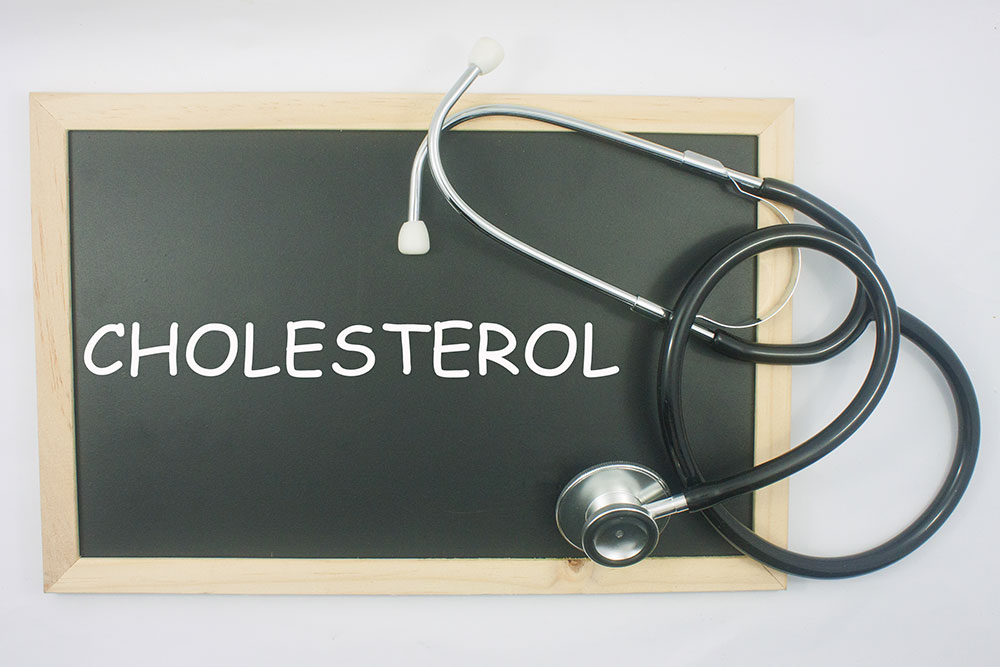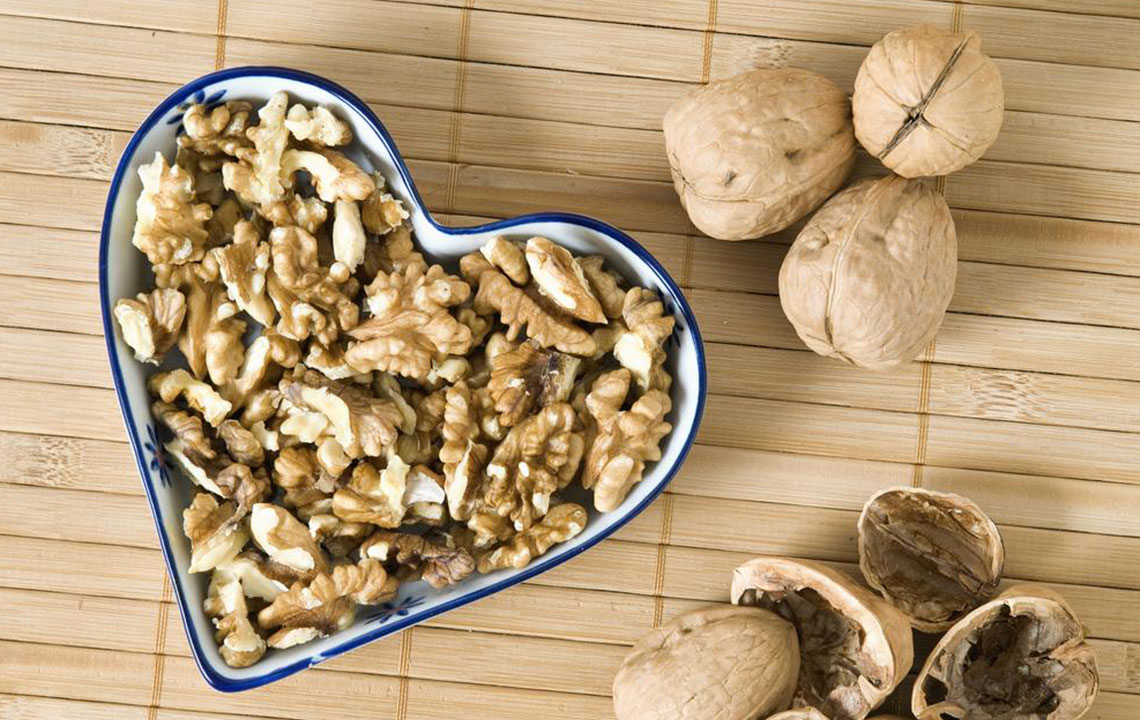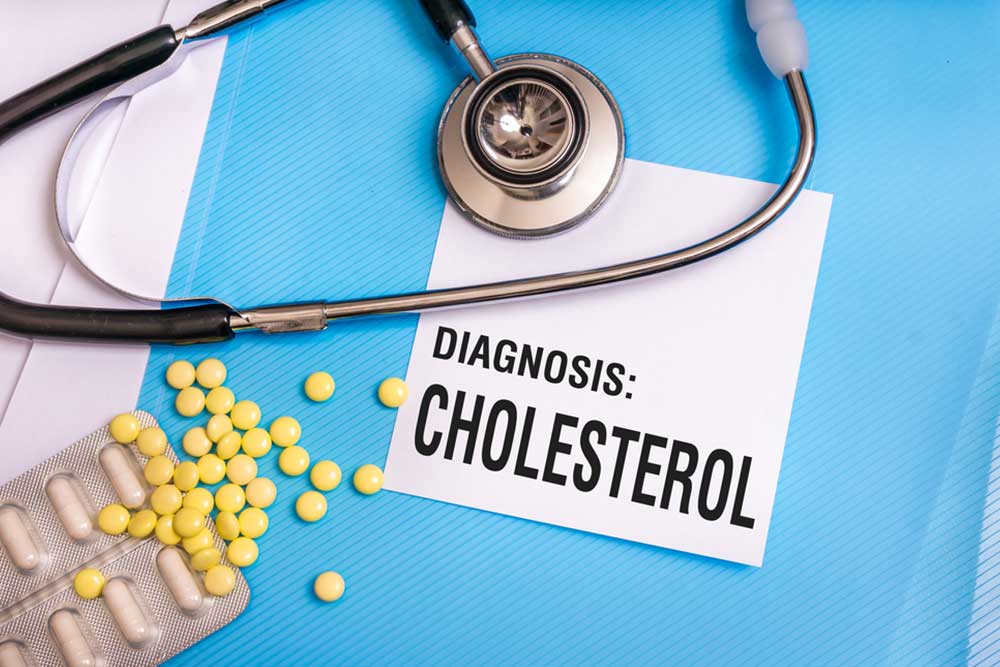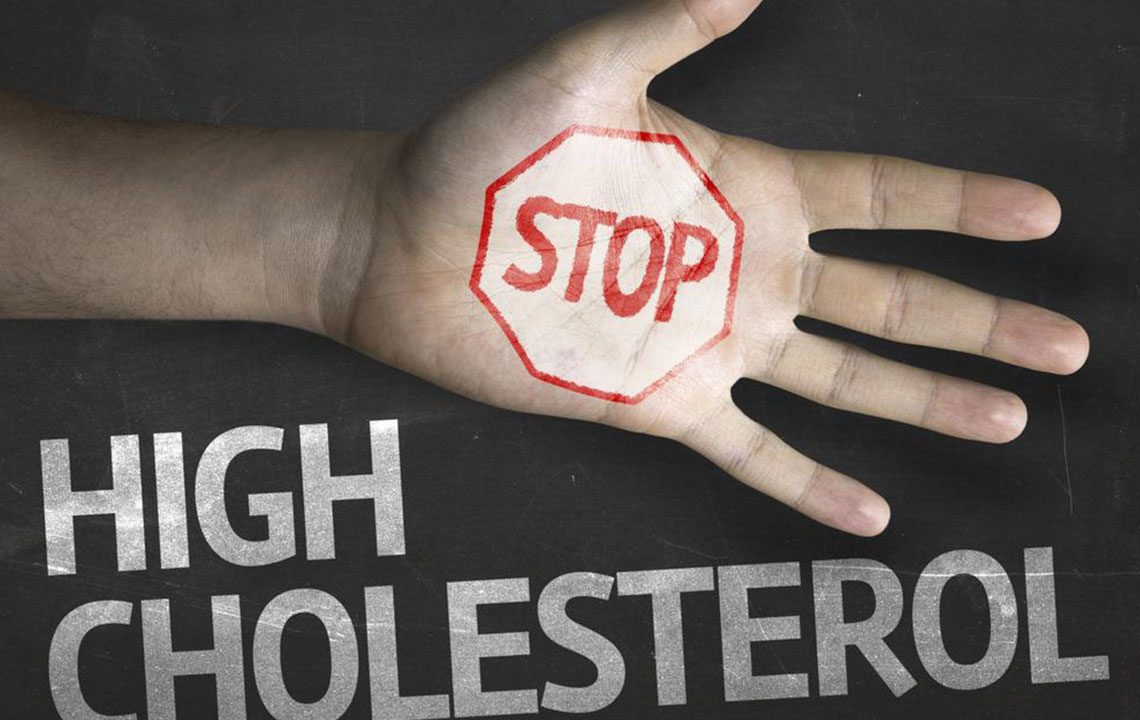Comprehensive Guide to Cholesterol: Its Role, Risks, and How to Maintain Healthy Levels
Explore the vital role of cholesterol in the body, its impact on cardiovascular health, and practical strategies for maintaining optimal cholesterol levels through diet, lifestyle, and medical insights. Understand how thyroid, liver health, and weight fluctuations influence cholesterol and learn effective ways to promote heart health.

Understanding Cholesterol: Its Role in the Body and Health Implications
Cholesterol is a fundamental substance vital for the survival of both plant and animal organisms. It plays an essential role in maintaining the structural integrity and fluidity of cell membranes, which is crucial for cell function and communication. Despite its importance, the presence of excess cholesterol in the bloodstream can lead to serious health risks, especially related to cardiovascular health. Cholesterol mainly circulates in the body as different lipoproteins—primarily low-density lipoprotein (LDL) and high-density lipoprotein (HDL). Understanding the differences between these types and their impact on health is essential for managing cholesterol levels effectively.
Elevated cholesterol levels are strongly associated with an increased risk of cardiovascular diseases, including heart attacks, strokes, and peripheral artery disease. However, cholesterol levels can also be influenced by various other health conditions and lifestyle factors. These include thyroid gland function, liver health, body weight fluctuations, and dietary habits. Awareness of these factors can help in making informed choices to maintain a healthy balance of cholesterol for long-term health.
The health of the thyroid gland significantly impacts cholesterol levels. A decrease in thyroid hormones, often observed in hypothyroidism, can cause an increase in LDL cholesterol, which may contribute to plaque formation within arteries, raising the risk of cardiovascular diseases such as heart attacks and strokes.
Liver health is another critical factor affecting cholesterol. The liver is responsible for synthesizing and metabolizing lipoproteins, including LDL and HDL. Liver dysfunctions, such as fatty liver disease, can result in increased LDL levels and decreased HDL levels, impairing the body's ability to remove excess cholesterol from the bloodstream. Fatty liver disease often correlates with excess abdominal fat, which commonly results from high carbohydrate diets or unhealthy eating patterns.
Body weight management is also crucial in maintaining healthy cholesterol levels. Unhealthy dieting practices or rapid weight loss can cause temporary spikes in LDL cholesterol. During weight loss, stored cholesterol can be released into the bloodstream, which, in excess, can contribute to artery clogging and cardiovascular risk.
Dietary patterns significantly influence cholesterol levels. Low-carbohydrate, caloric-restricted diets can trigger transient increases in LDL as the body shifts to fat metabolism for energy. While these diets may promote weight loss and overall health, it’s important to monitor cholesterol levels if following restrictive eating plans.
Active lifestyle habits, including regular exercise and a balanced diet rich in fruits, vegetables, whole grains, and healthy fats, are essential for maintaining stable cholesterol levels. Consistent physical activity helps raise HDL cholesterol and lower LDL cholesterol, contributing significantly to heart health and disease prevention.





